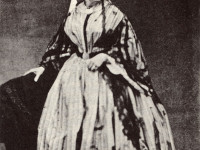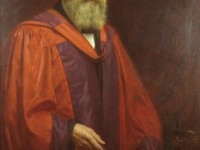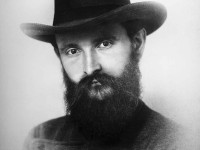Albert Schweitzer and his Hospital in Africa
On March 21, 1913, theologian, organist, philosopher, physician, and medical missionary in Africa Albert Schweitzer together with his wife Helene start their voyage to Africa, to establish a hospital in Equatorial Africa. “The awareness that we are all human beings together has become lost in war and through politics.” – Albert Schweitzer, Radio appeal for peace, Oslo, Norway (30 March 1958) Albert Schweitzer – Early Years Albert Schweitzer was born on January…
Read more











